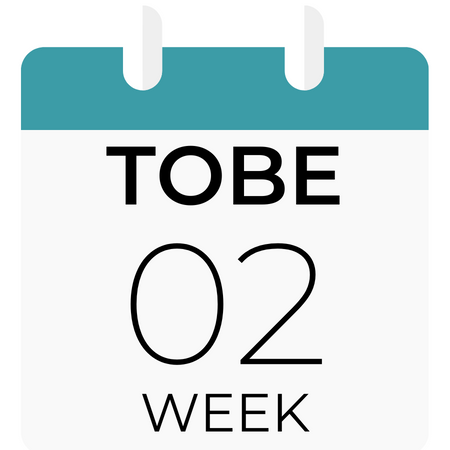True Blessedness, The Sign of Jonah, and The Lamp of the Body
On this Sunday, the Second Sunday of the blessed month of Tobe, the Church reads Luke 11:27-36. In this passage, Christ describes the true essence of faith and the process of nurturing it through the Word of God. He also hints at the ultimate “sign” of our faith—His impending crucifixion and resurrection from the dead—drawing parallels to the narrative of Jonah.
The passage begins with a woman in the crowd praising Jesus’ mother, saying, “Blessed is the womb that bore you, and the breasts at which you nursed!” (Luke 11:27). Jesus responds by emphasizing the importance of hearing and keeping the word of God. While it is indeed a blessing that Mary gave birth to Christ, she attains an even greater blessing by steadfastly obeying the Word of God. As St. Augustine explains, “Mary was more blessed in accepting the faith of Christ than in conceiving the flesh of Christ.” Thus, by prioritizing the Word of God and remaining obedient to its teachings, we can receive the same blessing as St. Mary.
Then, Jesus addresses the crowd, stating that the people of His time seek a sign but will be given only the sign of Jonah (Luke 11:29-32). He compares himself to Jonah, who was in the belly of the fish for three days and three nights—foreshadowing His crucifixion and resurrection after three days. As St. Basil the Great explains, “A sign is a thing brought openly to view, containing in itself the manifestation of something hidden, as the sign of Jonah represents the descent to hell, the ascension of Christ, and His resurrection from the dead.”
Jesus then points out that the men of Nineveh repented at the preaching of Jonah, and the Queen of the South came to hear the wisdom of Solomon. He contrasts this with his current generation, suggesting that they are not responding appropriately despite witnessing greater wisdom than Solomon and a greater sign than Jonah. As St. Cyril the Great notes, “But you have in your midst the ‘Wisdom’ Himself, who came to you to talk about the unseen heavenly things, confirming what He said by wonders and signs; yet you have forsaken the Word, and, carelessly, disregarded the amazing nature of His teachings.” Thus, when we do not have a depth of understanding of the Word, we become blind—unable to recognize the signs and wisdom of God.
Jesus then uses the metaphor of light to illustrate the essence of being a true Christian (Luke 11:33-36). A Christian is to be a lamp that radiates light to others. However, he cautions against the darkness that may arise from a deficiency in spiritual insight. A healthy and focused eye on the light results in the entire body being filled with light, while an unhealthy eye brings darkness. According to St. Ambrose of Milan, the lamp symbolizes our faith, and the light emanating from it is nurtured through keeping and understanding the Word of God.
As we reflect on this week’s Gospel, let us bear in mind the significance of comprehending the Word of God—to partake in blessings and illuminate the path of faith for those around us.
Sources:
- Bible, English Standard Version
- Catena Bible (Church Father Commentaries)
- Commentaries on The Gospel According to St. Luke by Fr. Tadros Yacoub Malaty

